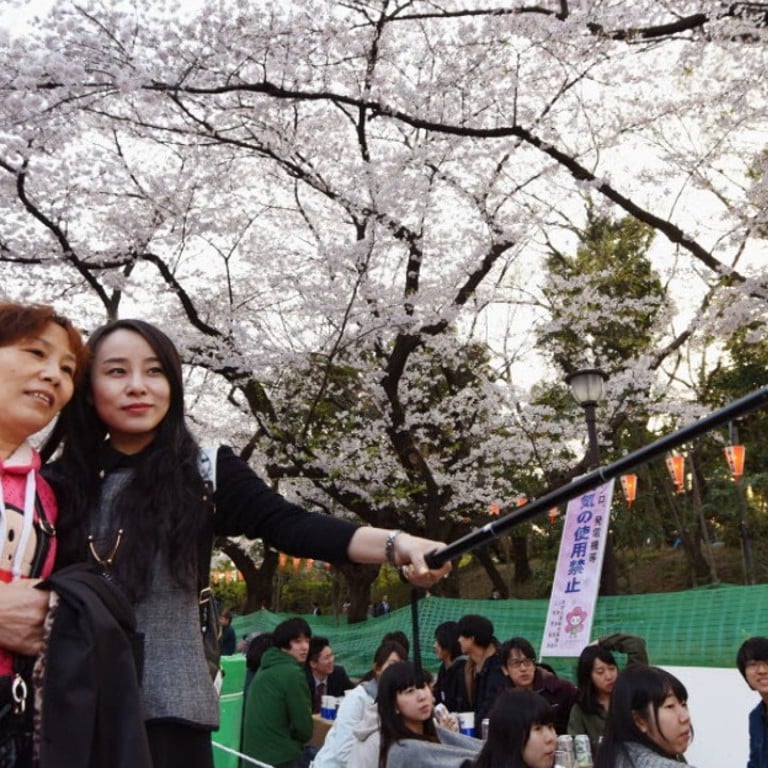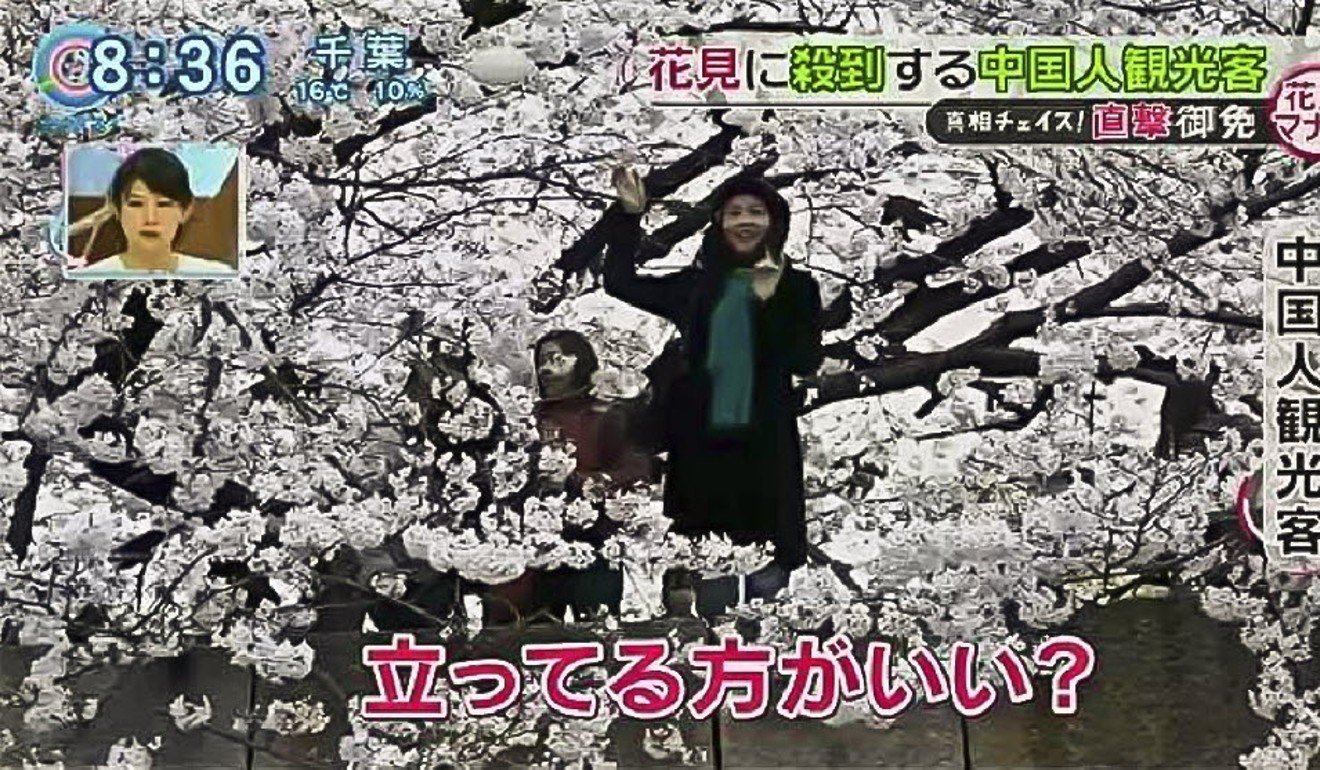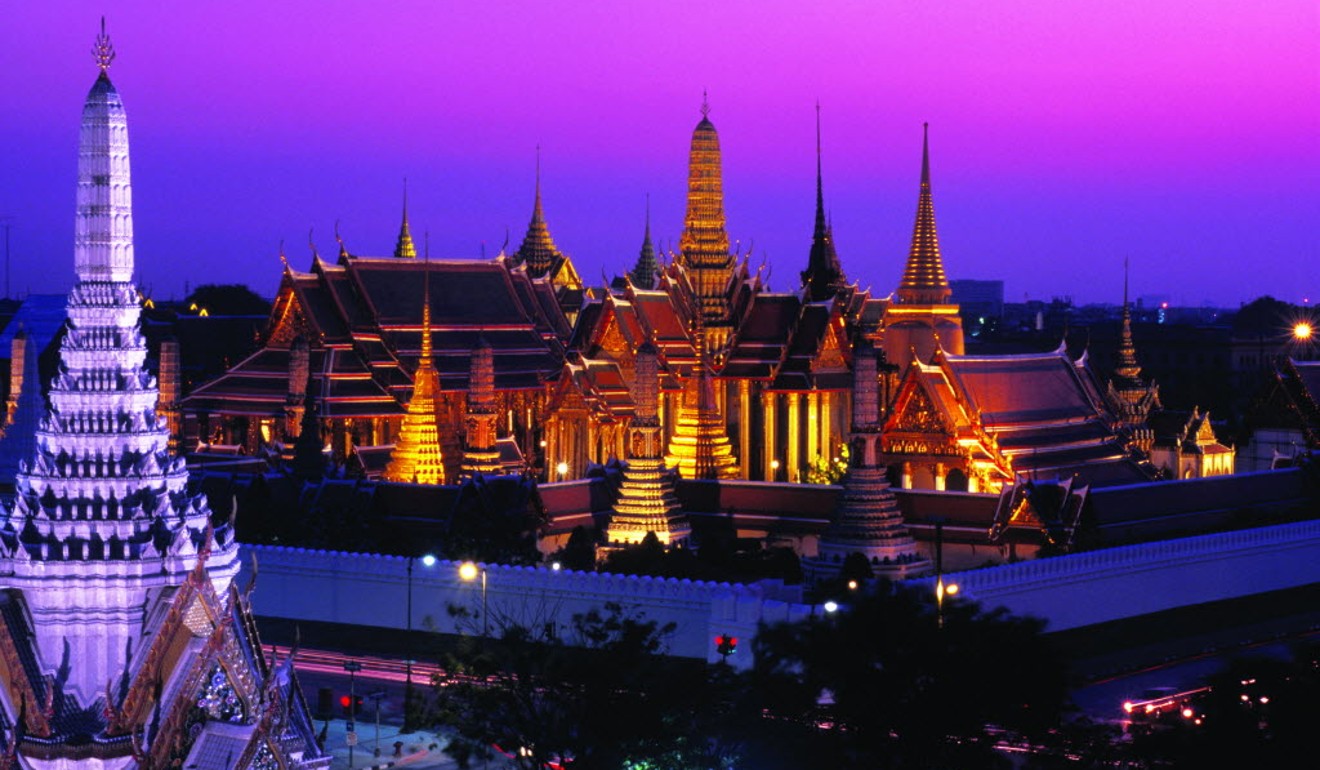
Chinese flock to Japan for cherry blossom season, but are they welcome?
Plus, Uber out of Southeast Asia and more indecent exposure at Bangkok temple
In bloom
The cherry blossoms came early this year, painting Japan’s public parks in delicate shades of pastel pink. With them, came the sakura tourists – including large numbers of Chinese – not all of whom have been on their best behaviour.
According to a story published by English-language Chinese news portal Yicai Global on March 12, about 600,000 Chinese travellers were expected to spend as much as eight billion yuan (US$1.3 billion) during the 2018 season.
Thus begins Japan’s complicated relationship with tourism.
Last August, The Japan Times ran a story on “good” and “bad” tourists. The country would like more of the former; the latter were described as noisy, having bad manners, leaving a trail of detritus behind them – the list was long. “The current gripes refer to Asian tourists,” outlined the article, in case anyone had any doubts, and suggests education to be the solution.

Education in the form of an etiquette guide, perhaps? Hokkaido Tourism Organization has produced just that, creating a downloadable pamphlet with such topics as speaking while chewing, burping modestly and hadaka no tsukiai, or “socialisation in the nude” (essentially, how to behave at an onsen).
Unfortunately, it does not go into great detail about hanami (“cherry-blossom viewing”) customs. Two years ago, Chinese tourists hit headlines by climbing into cherry trees, breaking off branches and shaking them to make petals fall. While international outrage largely put a stop to such behaviour, gripes and grievances persist, particularly on social media.
This year, the most common complaint seems to be the sheer number of Chinese tourists enjoying the cherry blossom. Not everyone shares that opinion, however, and economists are predicting the Japanese economy will enjoy a bump, the effect of what is being called “sakura-nomics”.
With tourism to Japan on the rise, the country’s complex rapport with visiting spenders is likely to continue.

Flash photography
Well, will we ever learn? The Bangkok Post newspaper reported on March 25 that a Serbian pair had been fined 5,000 baht (US$160) each after an improper photo shoot at Wat Phra Si Rattana Satsadaram, also known as the Temple of the Emerald Buddha, in the Thai capital.
Nadica Curcin, who appeared in the images wearing a skirt with a rather revealing side split and heavily pixelated groin area, and Vladimir Veizovic, who captured the unforgettable moments, claimed to be unaware of etiquette and obscenity laws. They were identified and arrested at Suvarnabhumi Airport after the images had gone viral on social media.
The moral of the story? Keep it clean and cover up.

Drive by
Despite assurances from Grab that there will be no fare hikes and no immediate change to services, social media has been awash with those lamenting Uber’s departure and worrying about a lack of competition in the market.

